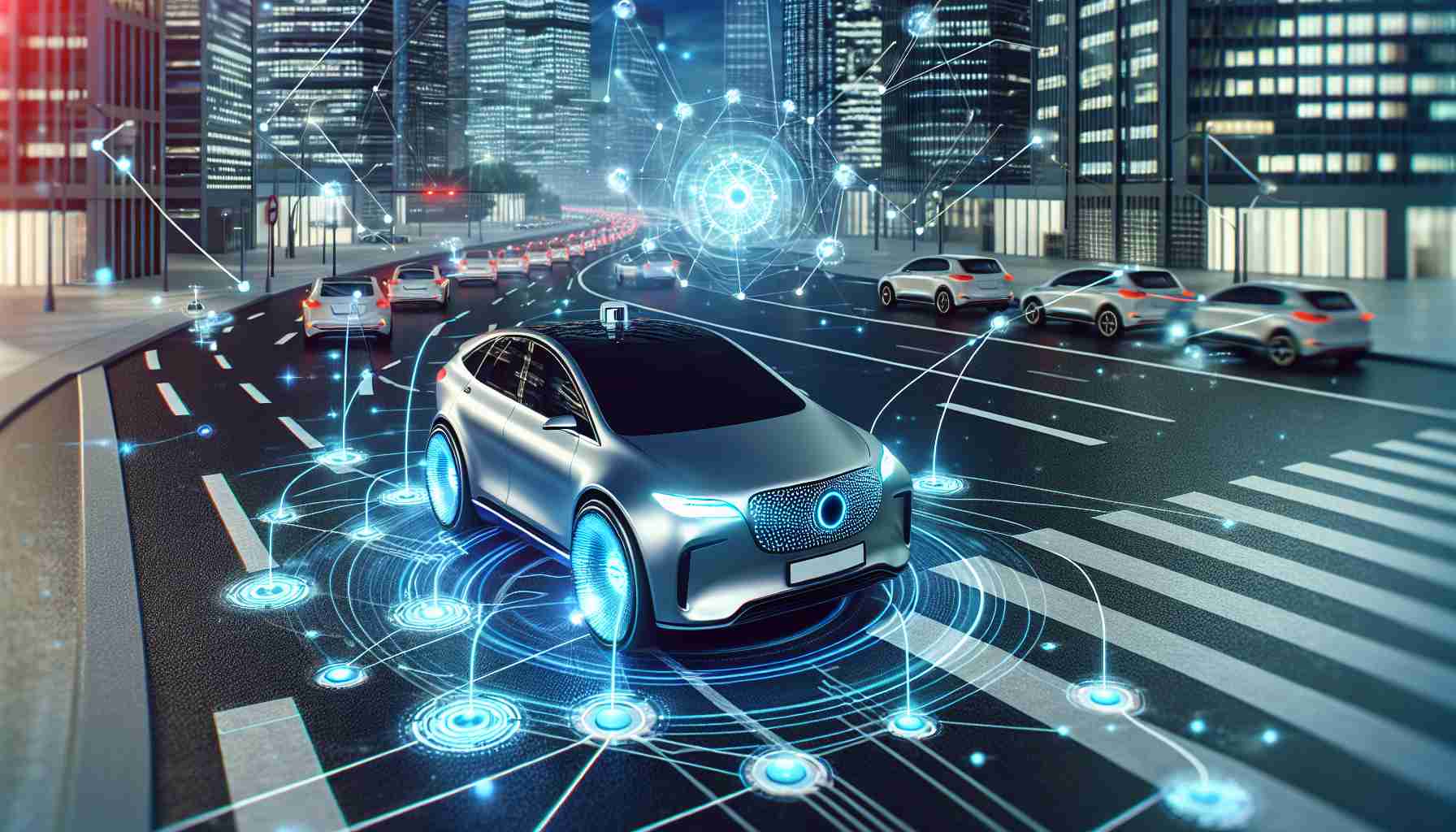Bgroho Insights
Your daily source for news, tips, and inspiration.
Are We There Yet? The Rollercoaster Ride of Autonomous Vehicles
Discover the wild journey of autonomous vehicles—are we on the brink of a driving revolution or just enjoying the ride?
The Journey to Self-Driving Cars: Milestones and Challenges
The journey to self-driving cars has been marked by significant milestones that showcase the rapid advancements in technology and innovation. From the early experiments in the 1920s, where rudimentary control systems paved the way for modern developments, to the unveiling of Google's autonomous vehicle project in 2009, each step has brought the vision closer to reality. The introduction of advanced sensors, machine learning algorithms, and real-time data processing has revolutionized the capabilities of vehicles. Notable milestones include the first fully autonomous drive on public roads in 2015 and various pilot programs implemented by major automotive companies, all contributing to the growing public interest in self-driving technology.
Despite these remarkable achievements, the path to fully autonomous vehicles is fraught with challenges. Safety remains a primary concern, with regulatory bodies and manufacturers working tirelessly to develop stringent testing protocols. Issues such as ethical decision-making, cybersecurity threats, and the need for robust infrastructure to support autonomous operations must also be addressed. Moreover, public acceptance of self-driving cars is pivotal; surveys indicate mixed feelings among consumers regarding safety and reliability. As we continue on this journey, collaboration between technology developers, policymakers, and the automotive industry will be essential to overcome obstacles and make autonomous vehicles a standard mode of transportation.

How Safe Are Autonomous Vehicles? Understanding the Risks
As the technology behind autonomous vehicles continues to advance, questions surrounding their safety have become increasingly pertinent. While these vehicles are equipped with sophisticated sensors and algorithms designed to reduce human error, there are still inherent risks involved. One major concern is the ability of autonomous systems to navigate unpredictable environments, such as busy city streets or inclement weather conditions. Studies have shown that, despite significant advancements, autonomous vehicles can struggle with recognizing pedestrians, cyclists, and other obstacles, leading to potential accidents.
Another factor contributing to the risks associated with autonomous vehicles is the cybersecurity aspect. As vehicles become more connected through the Internet of Things (IoT), they become targets for cyber threats that could compromise their operational safety. The potential for hacking raises alarms not only for individual vehicles but for the entire transportation system. Therefore, ongoing efforts in both vehicle design and regulatory frameworks are crucial to address these challenges and to ensure a safer future for all road users.
What Will the Future of Transportation Look Like with Autonomous Vehicles?
The future of transportation is poised for a revolutionary transformation with the integration of autonomous vehicles. These self-driving cars promise to enhance road safety, reduce congestion, and minimize emissions. For instance, it is predicted that with widespread adoption, we could see a significant decrease in traffic accidents, as human errors, which account for over 90% of crashes, will be drastically reduced. Additionally, urban planners are already contemplating smart cities where autonomous vehicles work seamlessly with public transit systems, creating an efficient ecosystem for passengers and reducing the need for personal car ownership.
Moreover, the incorporation of autonomous technology is expected to redefine urban mobility. Ride-sharing services may evolve into fully automated fleets, providing a range of transportation options at the tap of a button. In the future, commuters may no longer own vehicles but instead utilize them as needed, significantly cutting down on the number of cars on the road. As cities adapt to these changes, we can anticipate improvements in air quality and a decrease in urban sprawl, fostering a more sustainable way of living. Overall, the future of transportation with autonomous vehicles holds the promise of a cleaner, safer, and more efficient world.